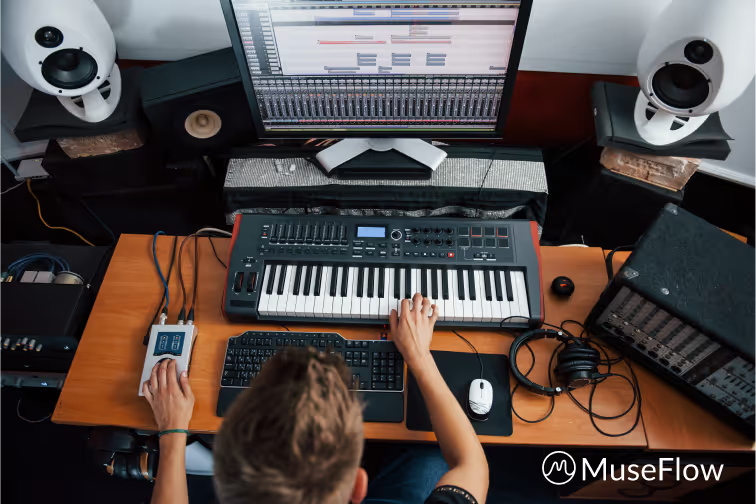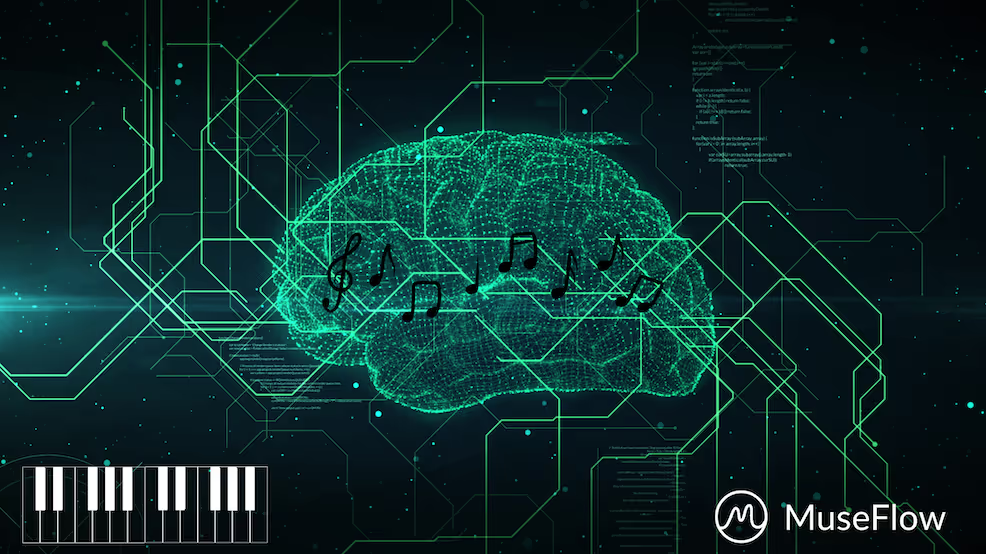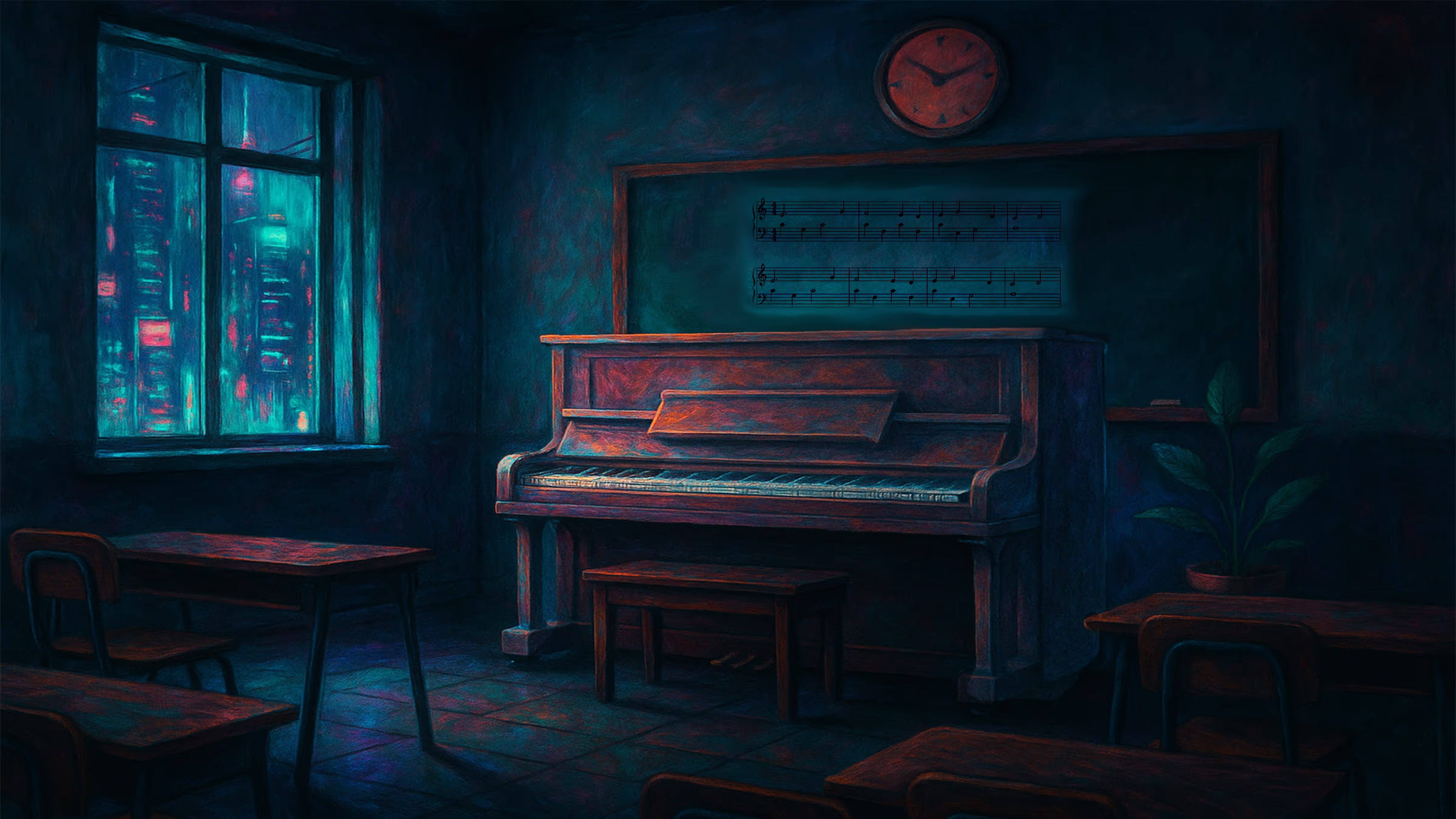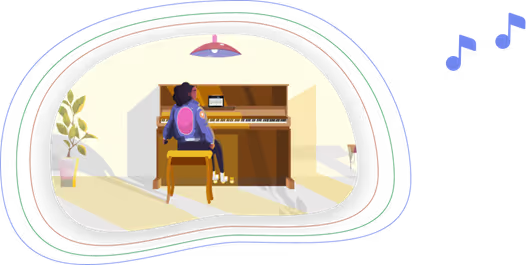Help Them “Get It”: Teach Your Students to Love Music and Be Better Musicians Using Flow State
This one goes out to all of the music teachers out there!
You love your instrument. It takes a music lover to teach music, after all. You know that your students could love their instrument, too, if they gave it a chance – but it takes a lot of frustration and work to get there.
The truth is, playing an instrument is one of the most rewarding and fulfilling things a person can learn to do, precisely because it is hard. Your mind, muscles, and senses are all completely occupied, and when the practice begins to pay off, you can tell! The hours spent spinning melodies, rhythms, and chord progressions out of raw skill are golden. You know that. Your fellow musicians know that.
Making a young student understand is a different story.
Today, we’re going to talk about how sight reading helps even beginner students feel fulfilled by music, and how engaging in flow state can make sight reading fun and rewarding.

Sight Reading makes for Better Musicianship
Strong sight reading skills make it easier to really sink into a piece of music. Sight reading is more than just a way of learning new music – it makes it easier to truly understand the music we are working with. Reading and understanding means more fluent playing, a better grasp of music theory, and better composition. Knowing how to write and read music makes it much easier to live in a whole world of musical experience.
A study by Katie Zhuko, “Exploring advanced piano students’ approaches to sight reading,” explored the level of skill that different pianists have. All musicians in the study said that sight reading skills were very important. Even pianists who were able to attain a high level of mastery without sight reading agreed.
Early students often struggle to stay motivated, and will quickly drop their instruments because they lack rewarding music to play and practice. Sight reading lets beginners practice plenty of fun music in the same way early readers get to choose from countless fun books. Sight reading is difficult, though, and many musicians never become fluent. Traditional teaching methods only make it harder to practice sight reading: you are taught a skill, assigned a song to practice, and then repeat that song dozens of times, until you are playing only from memory and never want to see sheet music again. In other words, sight reading is a vital skill that motivates beginners, but we handicap it from the very beginning.

Flow State: Falling in Love with Music
Mihaly Csikszentmihalyi was the groundbreaking psychologist behind 'Flow: The Psychology of Optimal Experience.’ Flow state is a state of total focus and concentration. It is often associated with working on a challenging but doable task. When your skills are being pushed to their limit but no further, the result is a ‘goldilocks zone’ where challenge is met with immediate reward. You become immersed: the whole world narrows into one task, which completely sucks you in.
Flow state is very familiar to musicians. Social events such as jam sessions and concerts make us feel “in the moment,” the music running through us, totally one with our fellow musicians and the song in the air. Even when we play alone, a difficult and rewarding piece feels totally immersive. Intermediate and advanced musicians will experience flow state in ensembles, performances, and even while sight reading new music.
While experienced musicians are familiar with flow state, we don’t expect it in beginner musicians. A study by Arvid J. Bloom and Paula Skutnick-Henley found that a flow state comes from self-confidence and emotional expression. When do you think a new musician feels self-confident? With traditional teaching methods, every time a student learns a new skill, the teacher will give them a song which starts out feeling frustrating and difficult. Their job is then to go home, sit down at the piano or pick up the guitar, and play it until it is easy. This means hours of tediously plinking out the same noises without the opportunity to really sink in and enjoy the moment. As a teacher, you know that the reward for practicing will far outstrip the frustration – but getting there takes endurance, and not everyone manages it.
One of the best gifts you can give your students is the experience of flow state. It makes learning more fun and effective. It reduces the risk of drop-out. Even better, flow state opens a window to what being a musician is really like. It lets a nervous novice experience musicianship the way you experience it.
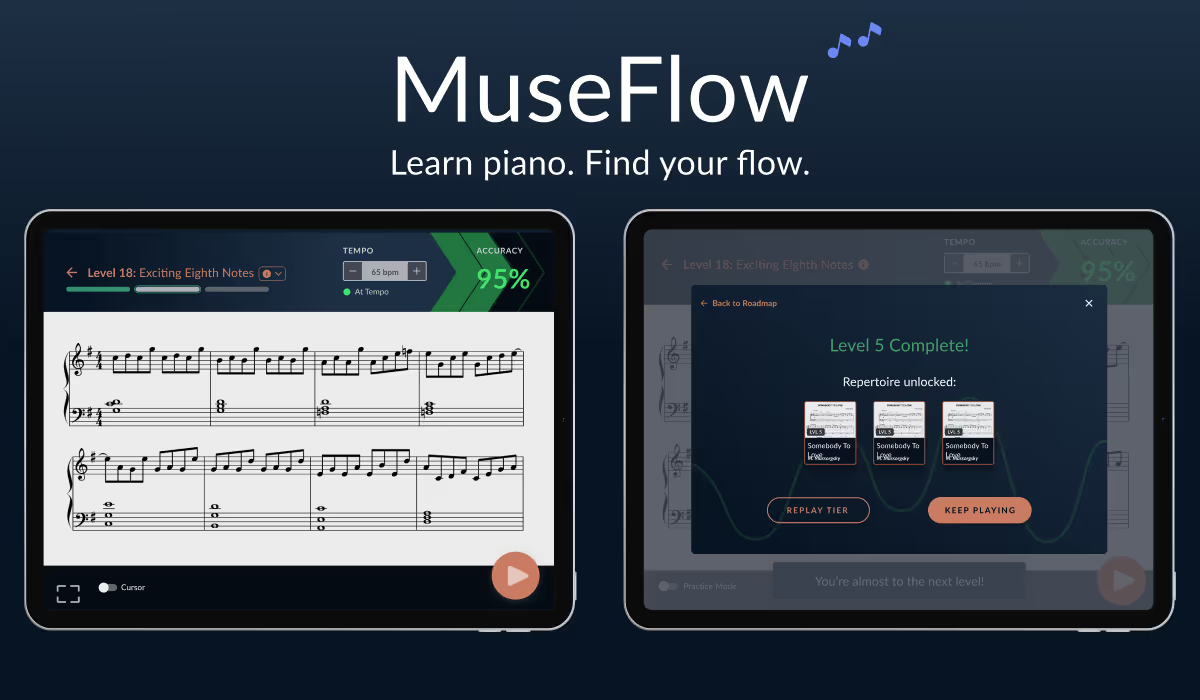
Museflow: Bring Flow State to Sight Reading
MuseFlow is designed to help beginner musicians feel more confident. It teaches fundamental concepts like chords, meter, and harmony one at a time in bite-sized chunks. All of the lessons are personalized and machine-generated, so the student gets to learn with new and doable music in every single lesson. Then, they can apply those skills to a new piece of music and immediately feel like they “get it.” They get to focus on learning skills, not just memorize songs – and that means that playing songs gets to be fun again.

Curious about whether MuseFlow is right for your students? Visit www.museflow.ai to find out more. With a MIDI keyboard and a computer, you can try out the beta version at www.beta.museflow.ai. We can’t wait to hear your feedback as we make musicianship available to all students!

.svg)
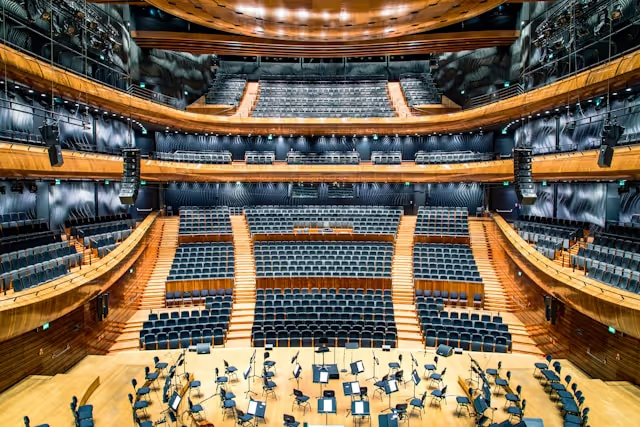
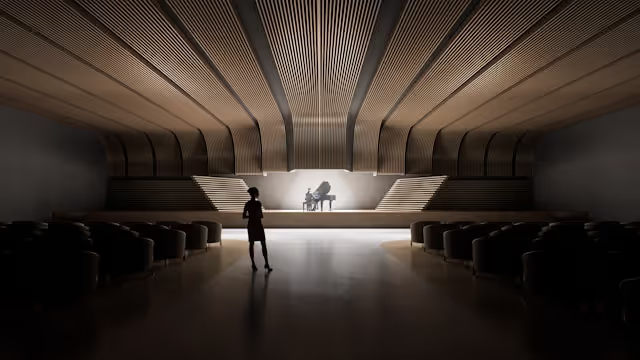
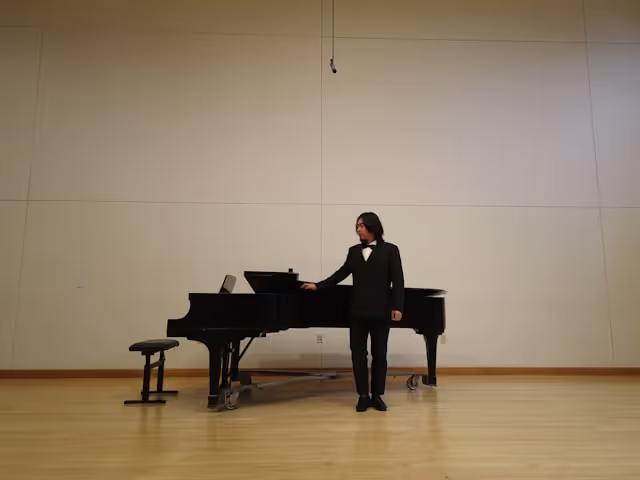
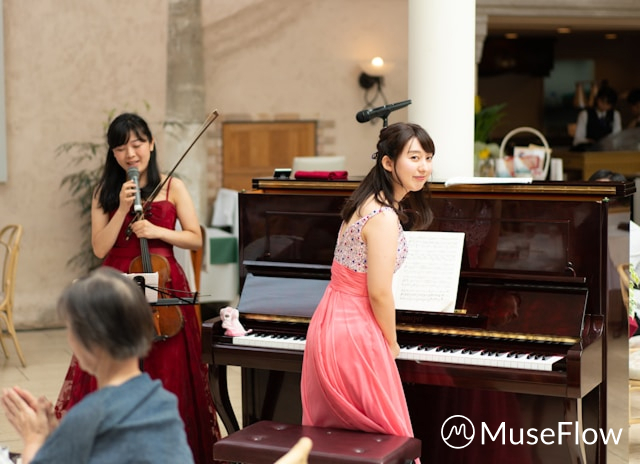

.avif)
